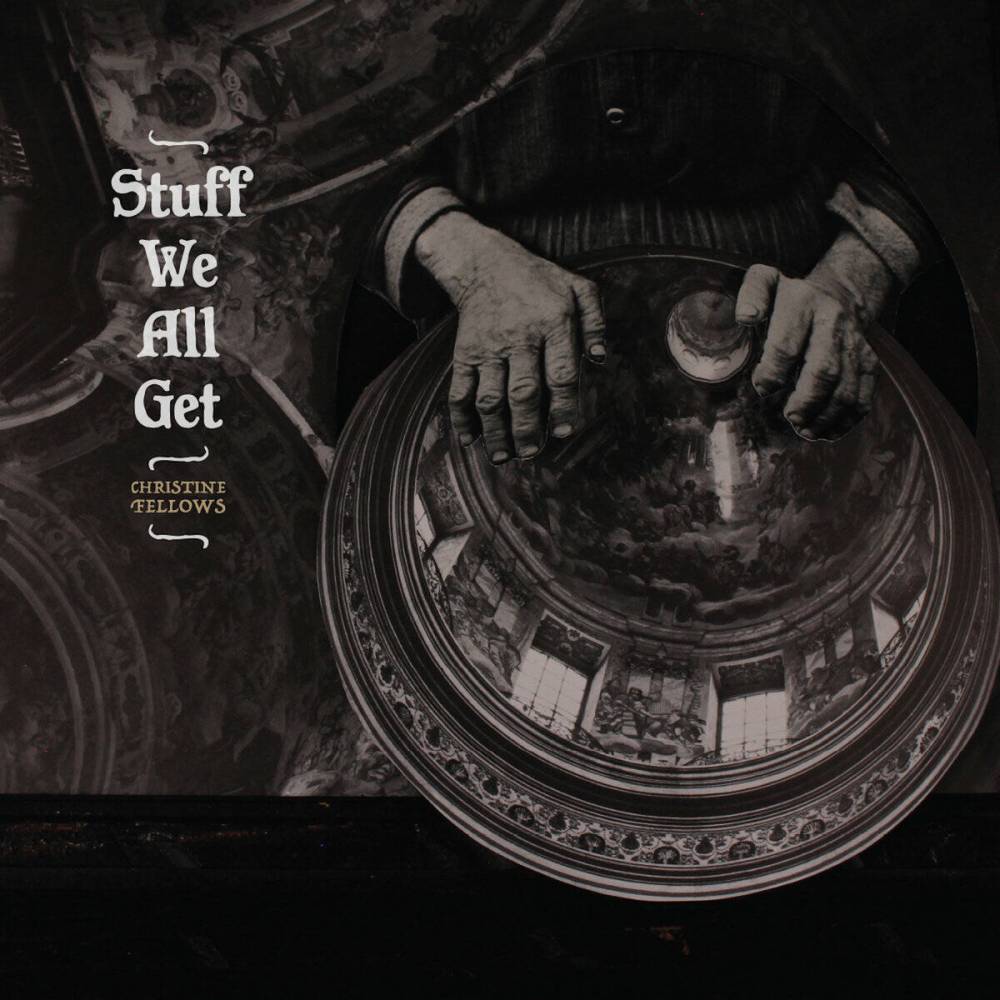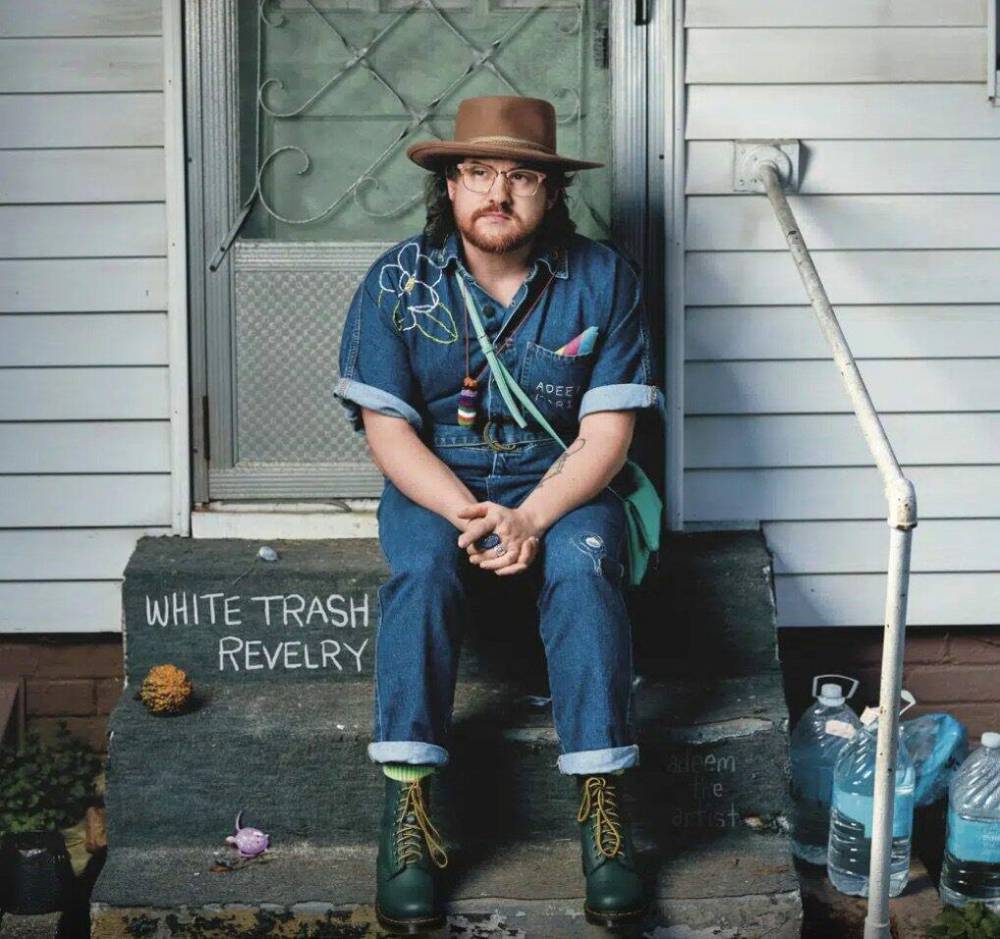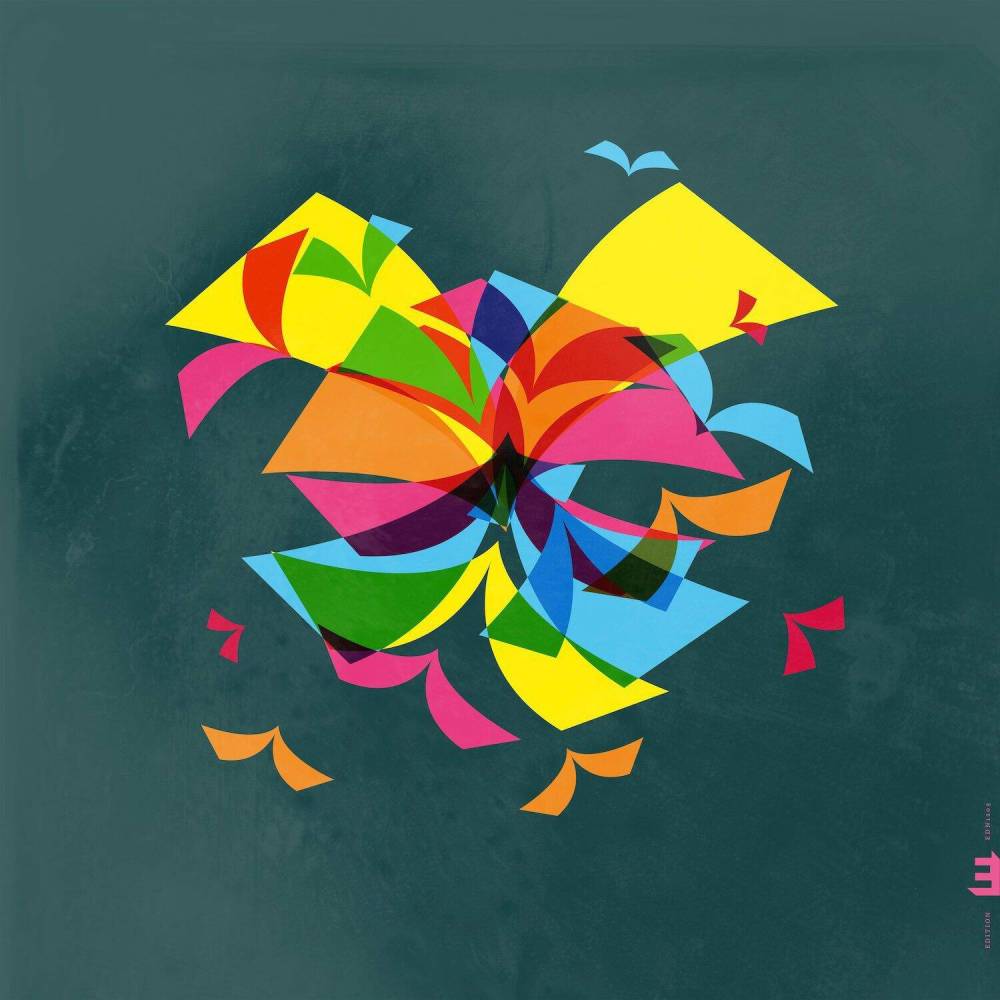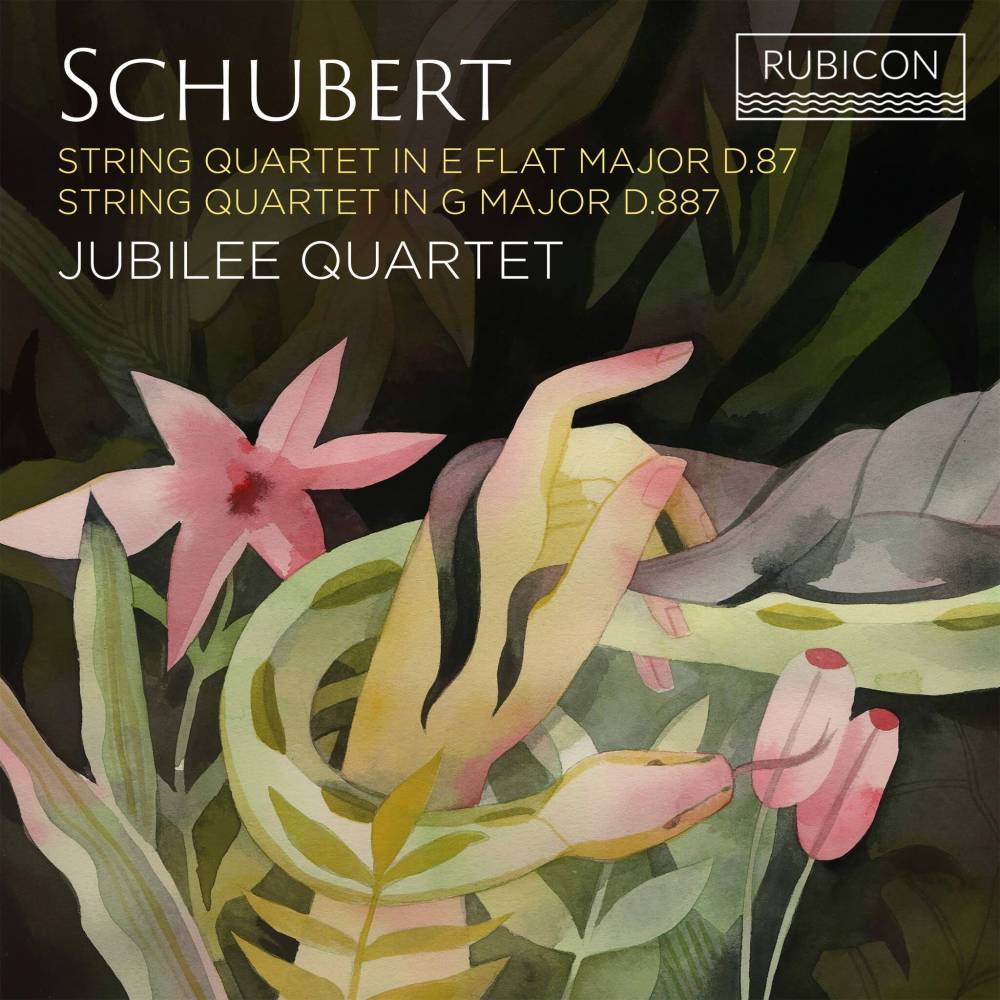New music
Reviews of this week’s CD releases
Advertisement
Read this article for free:
or
Already have an account? Log in here »
To continue reading, please subscribe:
Monthly Digital Subscription
$0 for the first 4 weeks*
- Enjoy unlimited reading on winnipegfreepress.com
- Read the E-Edition, our digital replica newspaper
- Access News Break, our award-winning app
- Play interactive puzzles
*No charge for 4 weeks then price increases to the regular rate of $19.00 plus GST every four weeks. Offer available to new and qualified returning subscribers only. Cancel any time.
Monthly Digital Subscription
$4.75/week*
- Enjoy unlimited reading on winnipegfreepress.com
- Read the E-Edition, our digital replica newspaper
- Access News Break, our award-winning app
- Play interactive puzzles
*Billed as $19 plus GST every four weeks. Cancel any time.
To continue reading, please subscribe:
Add Free Press access to your Brandon Sun subscription for only an additional
$1 for the first 4 weeks*
*Your next subscription payment will increase by $1.00 and you will be charged $16.99 plus GST for four weeks. After four weeks, your payment will increase to $23.99 plus GST every four weeks.
Read unlimited articles for free today:
or
Already have an account? Log in here »
Hey there, time traveller!
This article was published 08/12/2022 (1090 days ago), so information in it may no longer be current.
POP/ROCK
Christine Fellows
Stuff We All Get (Vivat Virtute)
Christine Fellows is one of those multi-talented artists able to work across genres and disciplines. Although she’s primarily known as a musician, singer and songwriter, she’s also a poet and visual artist who has collaborated with dance troupes, theatre companies and performance artists. Endlessly curious, she’s unafraid of big projects, commissions and residencies, and her seven solo albums have often reflected that work — especially on Femmes de Chez Nous, which emerged from a residency at Le Musée de Saint-Boniface, and Burning Daylight, a poetry collection and song cycle inspired by Canada’s North.
It’s not surprising, then, to learn that The Eclipse and Aquarium — two of the 13 songs on Fellows’ eighth full-length record — are excerpted from the score of a performance work called Aquarium; Fellows’ artistic journey is a continuum rather than a collection of boxed works, each to be viewed separately.
Like several of Fellows’ previous works, Stuff We All Get (acronymized to SWAG on its title song) could also be called a concept record, but the concept this time is artistic — the album’s 13 songs are the soundtrack to 13 stop-motion collage videos Fellows created while also writing and recording the songs during the COVID-19 pandemic. She has been releasing a new video every Wednesday since Nov. 2 and will do so until Jan. 25 (see vivatvirtute.com)
The playful videos, which recontextualize photos and drawings into whimsical flights of fancy, bring a lightness of mood and emotive colour to the music, which could be broadly called baroque folk — full of atmospheric strings and piano, accordion and melodica, pedal steel guitar, rich double (and electric) bass, melodic guitar and ukulele and the touch-perfect percussion of Jason Tait.
Fellows’ lyrics and melodies are some of her most gentle and tuneful to date — full of the shared dreams, imagery and experiences of our recent common experiences — and the record moves breezily and smoothly from song to song, offering fully realized folk-pop on The Line, SWAG, The Rain and Sisters, and sparse, more elemental sounds on the likes of Ghost Particle, The Eclipse or Aquarium. ★★★★1/2 out of five
STREAM THESE: The Rain, Sisters, Little Crow
— John Kendle
Bues
Adeem the Artist
White Trash Revelry (Four Quarters/Thirty Tigers)
Going to Hell, a banjo-driven romp on the new album White Trash Revelry, explains in jest the cause of Adeem the Artist’s unspecified musical limitations.
The East Tennessee-based singer-songwriter has considerable gifts, too, and that’s no joke.
Buzz about Adeem the Artist, who uses the pronoun they, began to build with the 2021 album Cast-Iron Pansexual. Their followup is a twangy, tangy examination of gender identity, faith, race and other topics of cultural contestation, offered by a blue-collar troubadour with a biting tenor and sharp wit.
A “redneck fundraiser” conducted by Adeem allowed the performer to start a label and hire a strong supporting cast for Revelry, and the resulting range of musical stylings is wide.
The facetious single Run This Town sounds like a potential rockabilly anthem for too many election campaigns as it skewers the political process. Painkillers & Magic is a Tex-Mex take on hurt that faith can’t heal, and the piano ballad For Judas ponders the power of love and pain of betrayal.
Redneck, Unread Hicks addresses the sanctity of marriage to string band accompaniment, while Heritage of Arrogance rocks as it rails against an inheritance of oppression.
Lyrics reference Robert Johnson, Jimmie Rodgers, Johnny Cash, the Louvin Brothers and Charlie Daniels, reflecting Adeem’s broad musical vocabulary.
Limitations aren’t an issue; White Trash Revelry is the bracing work of an artist without boundaries.
★★★★ out of five
STREAM THESE: For Judas, Going to Hell
— Steven Wine, The Associated Press
JAZZ
Kneebody
Live At Le Crescent (Edition)
Kneebody is an American quartet that has the reputation of using effects to sound like a larger band. However they manage it, this is an exciting group with huge talent.
This album was recorded in 2019 at a club in Mâcon, France, probably just before the pandemic ground everything to a halt. It has only now been released.
Kneebody is Ben Wendel on saxophone, Shane Endsley on trumpet, Adam Benjamin on keyboards and Nate Wood on drums. Each member also uses effects to augment the music, especially Nate Wood who uses what is referred to a “drums ’n’ bass cyber-meld.” The result is music with powerful grooves that impress with both excellent solos and often remarkable ensemble playing.
At any tempo, from the slower Just To Be to the driving Drum Battle, they hold nothing back. Slower tunes don’t always indicate a gentle mood; the strength and depth of the sound is constant. The mix of acoustic and electronic is smooth, and the groundbreaking development of that blend makes Kneebody (along with some other current groups) a leader in the restless and happily constant search for new ways to express modern jazz.
Tracks such as The Non-Profit Prince of Lexington offer the full breadth of this concept. Like many bands, the opportunity to record live is the challenge always accepted, and the quartet leaves it all on the field here, as the saying goes. Uprising is possibly the most edgy and rock-ish track. It is another example of a very dissonant opening giving way to solo and ensemble moments. It is adventurous and terrifically aggressive.
Frequently jazz folks look for music that can exactly fit a particular mood. Kneebody works best when you want often loud, exciting tracks rather than “peaceful” ones. This is not background music. Crank it up and enjoy a terrific ride. ★★★★ out of five
STREAM THESE: Spectra, The Non-Profit Prince of Lexington
— Keith Black
CLASSICAL
Schubert String Quartets Nos. 10 & 15
The Jubilee String Quartet (Rubicon Classics)
In this new release, the Jubilee String Quartet performs two contrasting Schubert string quartets, allowing listeners to compare and contrast the evolution of the Austrian composer’s musical style throughout his all-too-short lifetime. Their latest album on the Rubicon label follows their debut recording featuring Haydn’s good-natured string works.
Named for the Jubilee Line on Britain’s London Underground, where all four members lived on in 2006 at the time the group was conceived, the award-winning ensemble — Tereza Privratska, violin I, Julia Loucks, violin II; Lorena Cantó Woltèche, viola; and Toby White, cello — reflects four homelands: the Czech Republic, Spain, England and Canada, courtesy of the Montreal-born Loucks.
Their first offering, String Quartet No. 10 in E flat Major, D. 87, a.k.a the “Household,” provides the first taste of the group’s simpatico artistry, each player blending seamlessly into an overall tapestry of sound. An early highlight is the Scherzo: Prestissimo, with its hiccupping theme bringing a smile to the lips, contrasted by the pensive Trio, delivered with singing tone. Another is the more expansive Adagio, its spell broken by the subsequent movement, a crisply executed Allegro.
String Quartet No. 15 in G major, D. 887, Schubert’s 15th and final quartet dating to 1826, showcases the players’ greater dramatic thrust, from the opening Allegro molto moderato, rendered with striking resolve, through to finale Allegro assai, fuelled by edgy, repetitive motives. A standout is the second movement, Andante un poco moto, with the musicians bringing to life its tightly wound harmonic structures. Its sheer intensity is worthy of a late Beethoven quartet, promising even greater things to come from this beloved composer who died so tragically young. ★★★★ out of five
STREAM THIS: Schubert’s String Quartet No. 15 in G major, D. 887, ‘Andante un poco moto,’
— Holly Harris





